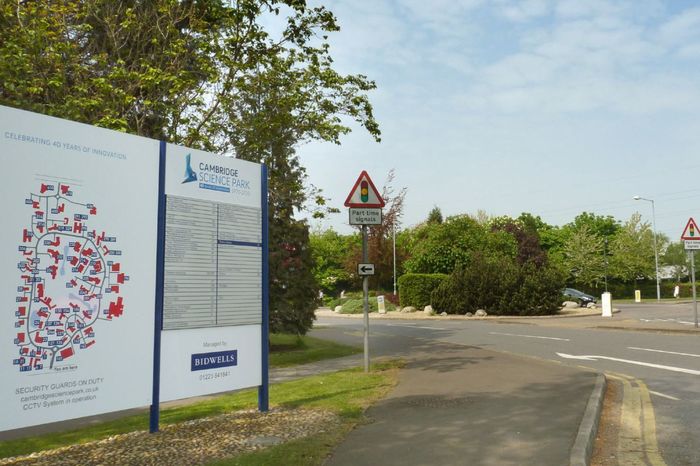New Cambridge study finds alcohol consumption increases dementia risk
The joint study by Cambridge, Oxford, and Yale Universities challenges the idea that low levels of alcohol can provide benefits to the brain

A joint-study by the University of Cambridge, the University of Oxford, and Yale University, has revealed that any amount of alcohol consumption could increase the risk of later developing dementia.
The study, published in BMJ Evidence-Based Medicine, uses data from over half a million participants drawn from the US Million Veteran Program and UK Biobank on their self-reported alcohol use. Oxford describes it as the “most comprehensive study of alcohol consumption and dementia risk to date”.
Its findings contradict previously-held ideas that low levels of alcohol may have a protective effect.
The study’s genetic analysis reveals a “continuously increasing trend of higher dementia risk with greater alcohol intake”. A three times increase in the number of alcoholic drinks consumed per week increases the risk of dementia by 15%.
In line with previous findings, the study’s observational analysis shows that “current low and moderate drinking is associated with lower risk of dementia when compared with non-drinking and heavy drinking”. A large percentage of non-drinkers were previously heavy drinkers which accounts for the increased dementia risk.
According to Dr Anya Topiwala, Senior Clinical Researcher at Oxford Population Health, Consultant Psychiatrist, and lead author of the study, these findings “challenge the common belief that low levels of alcohol are beneficial for brain health.” In fact this study “suggests the opposite”.
Dr Topiwala explains that even light or moderate drinking “may increase the risk of dementia, indicating that reducing alcohol consumption across the population could play a significant role in dementia prevention”.
Previous studies had suggested that low to moderate levels of drinking could have a protective effect against dementia. This new study, however, establishes that those who later developed dementia reduced their intake of alcohol prior to diagnosis, which could have led previous researchers to develop a false idea of protective effect.
Dr Stephen Burgess, Statistician at the University of Cambridge, explains that the “random nature of genetic inheritance allows us to compare groups with higher and lower levels of alcohol drinking in a way that allows us to make conclusions that untangle the confusion between correlation and causation”.
Dr Burgess says that these results apply to anyone who chooses to drink, irrespective of their genetic predisposition, as it “suggests that greater alcohol consumption leads to higher risk of dementia”.
The study also looks at links between the genetically-predicted likelihood of drinking alcohol, and alcohol use disorder, using over 2.4 million participants from 45 separate studies.
Results show that a higher genetically-predicted risk of alcohol use disorder is associated with a 16% increased risk of dementia.
Dr Joel Gelernter, Professor at Yale University and senior author of the study, comments that these results “have clinical implications - there was a time when medical knowledge seemed to support that light drinking would be beneficial to brain health, and this work adds to the evidence that this is not correct”.
 News / Cambridge students accused of ‘gleeful’ racist hate crime4 December 2025
News / Cambridge students accused of ‘gleeful’ racist hate crime4 December 2025 News / Churchill announces June Event in place of May Ball3 December 2025
News / Churchill announces June Event in place of May Ball3 December 2025 News / Uni redundancy consultation ‘falls short of legal duties’, unions say6 December 2025
News / Uni redundancy consultation ‘falls short of legal duties’, unions say6 December 2025 News / Cambridge cosies up to Reform UK30 November 2025
News / Cambridge cosies up to Reform UK30 November 2025 Comment / Don’t get lost in the Bermuda Triangle of job hunting 24 November 2025
Comment / Don’t get lost in the Bermuda Triangle of job hunting 24 November 2025









